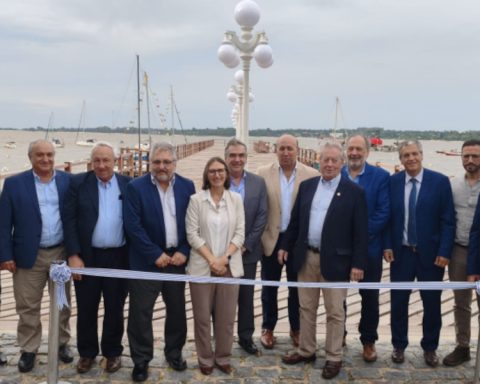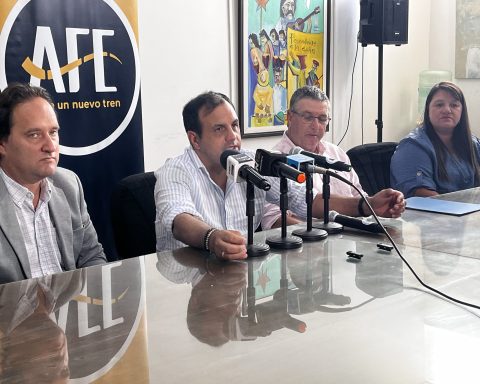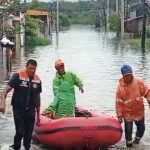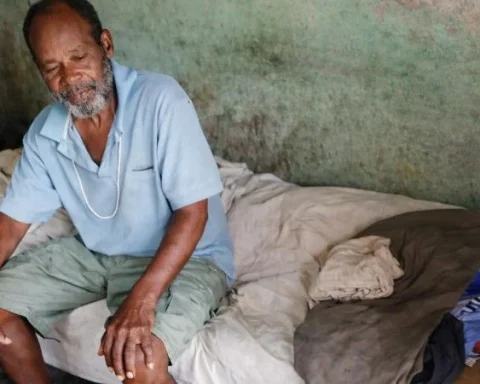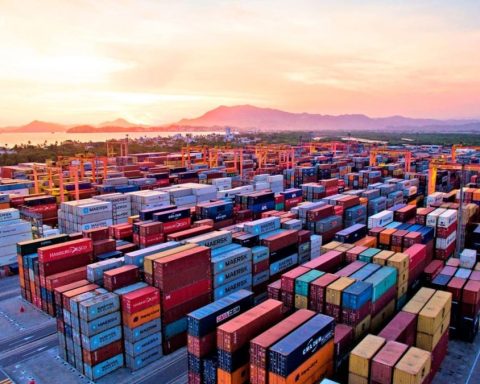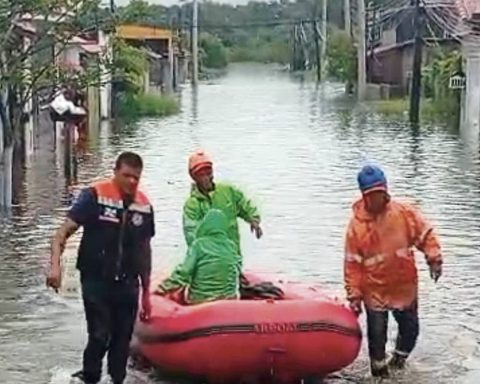As of May 2022 Paulo Costa was appointed as executive president of Cubo Itaúthe innovation hub of Banco Itaú, which is one of the most important business accelerators in the region.
Costa arrived in Uruguay as one more businessman among those who attended Test & Invest, an event that brought together businessmen and authorities from different countries invited by the Inter-American Development Bank (IDB) and the Uruguayan government. But the vision of Cubo’s CEO did not go unnoticed.
The businessman assured that The possibility of a Cube in the Río de la Plata is being evaluated. In addition, he highlighted regional talent and He praised Uruguayan entrepreneurs for “thinking about the world”.
Next, the exchange that he had with Coffee & Business.
How do you see the entrepreneurial ecosystem in Uruguay?
In 2014 we were planning to launch Cubo in São Paulo with the backing of Itaú and we were trying to find out how banks could engage with the entrepreneurial ecosystem, so we went to find out what was happening in Silicon Valley, what was happening in Europe and Asia. In that discovery stage we found that there are five pillars that great innovation ecosystems have, and that you have: access to capital, access to talent, entrepreneurial culture, density, and that government and regulation are in synergy with the ecosystem.
When these pillars meet, it is a sign that the local ecosystem is good.
We see that the movement of these pillars is heading towards a moment that can be a great entrepreneurial ecosystem. The Test & Invest, in fact, is a great sign of how the government is approaching. We have had the opportunity to get involved with more than 15 startups from Uruguay, a few months ago they went to San Pablo, to Cubo and it was an amazing experience for them and for us. Some of them are working with us after going through a selection process to find the best startups in our region and we already have three or four from Uruguay as a result of this visit. In addition, the government is approaching the entrepreneurial ecosystem on the right path, we see that the entrepreneurial culture is growing very fast, we have seen many winners of the entrepreneurial and business ecosystem coming to Uruguay to live here and make their investments in the country. This is a virtuous circle, the entrepreneurial culture grows from below and these winners are attracted by it and feed it. We see a great path based on these five pillars that you mentioned.
Imagine that there may be a Cube in Uruguay?
We are in a discovery stage, we don’t know. We are exploring the market, Argentina and Uruguay. We feel welcome here, but we haven’t made any decisions yet.
Cubo has developed a way to promote ventures on specific topics that are separated by areas. Why is it important to work on innovation in a niche?
We were founded in 2015 and we had startups from all fields and industries, we were agnostic, but during the process we matured and learned that we had to group some verticals and topics to delve into solutions and talent that we generally couldn’t see.
Cubo now claims to be a hub of hubs. We have many hubs: maritime and port, agriculture, ESG, smart mobility, fintech, education, retail and logistics.
If we cross these groups, it’s great for everyone because those who work in agriculture and those who work in the maritime and port sectors, for example, share a lot. It is a moment in which we are going deep in the verticals, but also crossing them with each other.
It is difficult to set borders in the current market and as an innovation hub we have to adapt to those moments.
Can Latin American startups occupy the top positions globally?
That’s a hard question. We have a lot of talent. I was in Silicon Valley recently and if I had to say just one thing I would say that we have a lot of talent in our region. Entrepreneurs from Uruguay (and Argentina) are born global, they think about the world and that’s fine, Brazilian companies are beginning to do so, but they have such a huge market that many focus only on it and when the opportunity to go global comes they are not ready because it is very expensive to change the model.
In the last decade we have had many startups go global in a very structured way and it is because they planned it from the beginning.
I don’t know if we will be at the top of the list, but we have a lot of talent.
On the other hand, we have large markets, we are in the top 5 of the people who spend the most time browsing the internet, Brazil is the first with 10 hours on average per person per day, and Argentina and Uruguay are also close, we can see this as opportunity or as a weakness, I see it as an opportunity.


